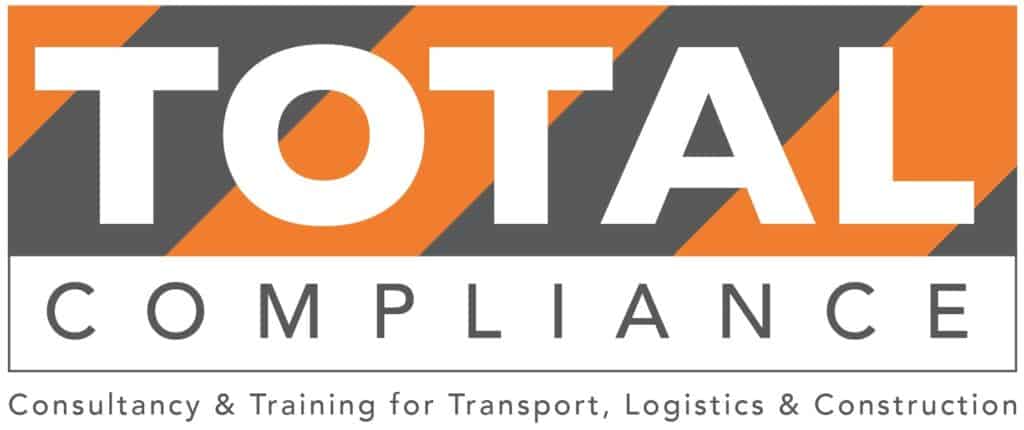FORS Bronze
What is the Difference Between FORS and CLOCS?
Fleet management is a critical aspect of any transportation industry, and with the increasing focus on road safety and environmental concerns, many organisations are turning to accreditation schemes to ensure that their fleets operate to the highest standards. Two of the most widely recognised schemes in the UK are the Fleet Operator Recognition Scheme (FORS)…
Read MoreWhat are the Differences Between FORS Gold, Silver, and Bronze Accreditation?
Fleet Operator Recognition Scheme (FORS) accreditation is a voluntary scheme that aims to promote best practices in safety, efficiency, and environmental performance for fleet operators. There are three levels of FORS accreditation: Bronze, Silver, and Gold. Each level represents a higher level of achievement and requires operators to meet increasingly stringent criteria. Here are the…
Read MoreWhat Are the Benefits of FORS Accreditation?
If you’re a fleet operator in the UK and want to increase your likelihood of landing big contracts, The Fleet Operator Recognition Scheme (FORS) is a highly regarded accreditation that can add great value to your commercial transport company. Whilst FORS is a voluntary scheme, an increasing number of companies are demanding proof of best…
Read MoreWill FORS Accreditation Save Your Business Money?
FORS (Fleet Operator Recognition Scheme) accreditation is a voluntary scheme that promotes best practices for fleet operators in the UK and beyond. FORS accreditation can help your business in various ways, including improved safety, reduced emissions, and increased efficiency. A consequence of these benefits is that it is likely to also save your business money.…
Read MoreWho Needs the Fleet Operator Recognition Scheme (FORS)?
Do you find yourself losing business because you don’t hold a FORS accreditation? If you’re a fleet operator in the UK looking to secure big contracts, improve operational efficiency, and save money, FORS is right for you. The Fleet Operator Recognition Scheme (FORS) has become an industry standard as an increasing number of clients seek…
Read MoreWhat is FORS?
The Fleet Operator Recognition Scheme (FORS) is a nationally recognised, voluntary scheme available to any UK fleet operators, fleet managers and drivers of commercial vehicles looking to measure and improve standards within their fleet operation. FORS offers UK haulage drivers, fleet managers and fleet operators the tools to help: Improve road safety awareness Improve fuel…
Read MoreTraining Reviews and How To Do Them?
As with most things, it is better to keep up to date with training records as you go, however an annual review is also essential. Sometimes things get missed or someone ends up not completing a course, even a change of role or duties may have happened. All these change the plans and need…
Read MoreFORS Training Focus
FORS – SUD FORS Safe Urban Driving is a program designed to improve the safety of urban driving for commercial and non-commercial vehicle operators. It teaches drivers the principles of the safe, efficient, and sustainable operation of their vehicles, taking into account the different needs of urban areas. The program covers a range of topics,…
Read MoreWhat Happens on Audit Days?
Bronze audits can be either remote or in-person at your Operating Centre. The majority of audits are currently remote audits and are usually online via Teams. The auditor will go through all your policies and procedures to make sure they are compliant. They will ask to see supporting evidence and look for evidence of systems,…
Read MoreWhat Other Evidence is Needed for FORS?
Bronze This sets down the groundwork for all other levels of accreditation. Auditors look at all Maintenance and overall operations in more detail. Once the policies and procedures are in place, there needs to be evidence these are actually being carried out. Below are some examples of information recent auditors have requested. Evidenced during audit:…
Read More



